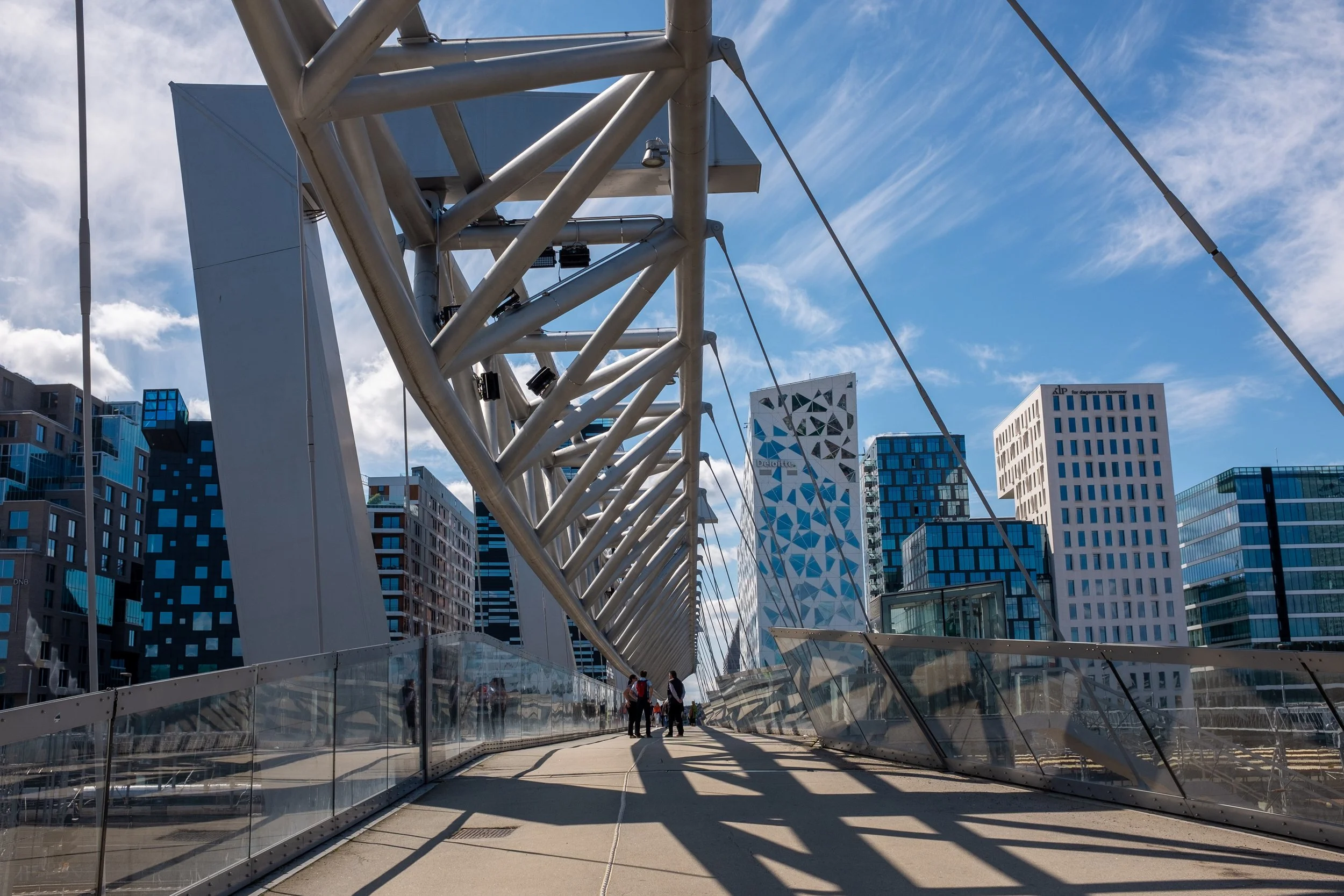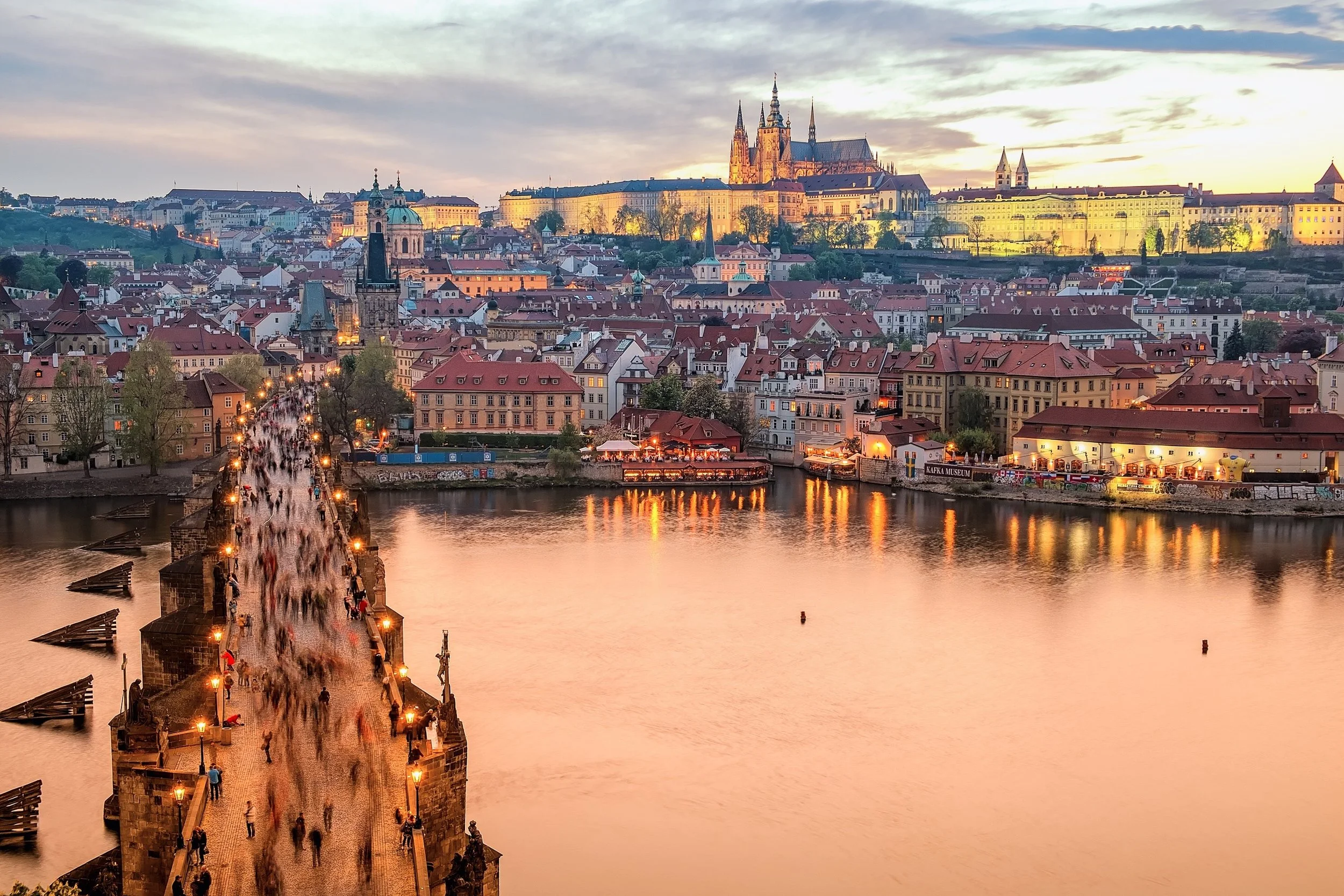IMD Index: Europe's Top Smart City Rankings for 2023 Unveiled
Photo by Henrique Ferreira on Unsplash
In an age where urbanisation is growing exponentially, smart cities are no longer a futuristic fantasy but a practical necessity. The recently published IMD Smart City Index 2023 offers an illuminating perspective on how cities across the globe are evolving to meet the demands of our ever-changing world. With 141 cities analysed, the report highlights some intriguing trends. In this article, I will mainly focus on the top-ranking cities in Europe.
A New Era in Smart City Development
Before I delve into the rankings, it’s essential to understand the critical changes this year’s IMD Smart City Index (SCI) has undergone:
Partnership with The World Smart Sustainable Cities Organization (WeGO): Aiming to transform cities into smart, sustainable hubs, WeGO has joined the SCI as a knowledge partner, offering a human-centred approach.
An Increase in the Number of Cities Analysed:
From 118 to 141 cities, the SCI has broadened its scope by 20%, reflecting a global perspective.Improved Methodology:
The SCI has refined its methodology, providing more precise data while preserving the ability to compare city performances over time.
Top 10 European Cities in the IMD Smart City Index
Now, let’s explore how European cities have performed in the IMD Smart City Index 2023:
Zürich
Photo by Henrique Ferreira on Unsplash
Zürich, Switzerland leads with excellence in technological innovation, public transportation, and environmental sustainability. Its commitment to citizen engagement and the efficient use of data has created a smart ecosystem that sets the global standard.
Oslo
Photo by Gunnar Ridderström on Unsplash
Oslo in Norway’s strong focus on green energy, advanced transportation solutions, and strategic partnerships with tech companies places it at the forefront of Scandinavian innovation and sustainability.
Copenhagen
A pioneer in renewable energy and waste management, Copenhagen’s (Norway) citizen-centric approach and investments in technology infrastructure have helped it climb the ranks.
Lausanne
Lausanne’s (Switzerland) rise is attributed to its focus on education, research innovation, and strong governmental support in integrating digital solutions within the city’s infrastructure.
London
Photo by Benjamin Davies on Unsplash
Despite a slight drop, the UK’s London continues to excel in digital connectivity, financial technology, and open data usage. Its holistic approach to smart city development keeps it a major global player.
Helsinki
Photo by Tapio Haaja on Unsplash
Helsinki, Finland's consistent ranking stems from its focus on open data platforms, effective governance, and collaboration with tech startups to foster innovation.
Geneva
Photo by Xavier von Erlach on Unsplash
Genèva in Switzerland maintains its position through strategic investments in healthcare technology, environmental sustainability, and financial services innovation. Its focus on quality of life and global collaboration adds to its strong performance.
Stockholm
Photo by Anna Hunko on Unsplash
Stockholm in Sweden remains influential with its investments in green energy, smart transportation, and innovation hubs that encourage collaboration between government, industry, and academia.
Hamburg
Photo by Niklas Ohlrogge on Unsplash
Hamburg’s (Germany) dynamism is evident in its innovative port management, strong focus on renewable energy, and integration of digital technologies in public services.
Prague
Photo by William Zhang on Unsplash
Despite falling in rank, Prague’s (Czech Republic) strengths in technological innovation, historic preservation combined with modernity, and focus on creating smart neighbourhoods keep it an essential player in the smart city landscape.
Key Trends and Observations
Europe and Asia Leading the Way: Apart from Abu Dhabi and Dubai, the top 20 cities are either in Europe or Asia-Pacific, highlighting a global shift.
Second-Tier Cities Performing Well: Medium-sized cities such as Lausanne, Munich, and Bilbao in Europe show solid positions, indicating that size is not always an advantage.
Deep Changes in Smart City Strategies: Moving from technology-centric to human-focused models, cities are embracing a more inclusive, diverse, and sustainable approach.
Emphasis on Inclusion and Diversity: Cities are working on strategies to enhance diversity and inclusion, reflecting tolerance and quality of life.
Final Thoughts
The IMD Smart City Index 2023 offers valuable insights into the dynamic world of smart city development. The prominence of European cities within the top ranks is a testament to the region’s commitment to innovation, sustainability, and inclusivity. The results provide not only a snapshot of the current landscape but also a roadmap to future strategies that may redefine urban living.
In a rapidly evolving global environment, this report is a vital tool for cities to benchmark progress, make informed decisions, and confidently stride into a smarter, more sustainable future. As we look ahead, the lessons learned from these European cities may hold the keys to navigating the complex challenges of our interconnected world.












